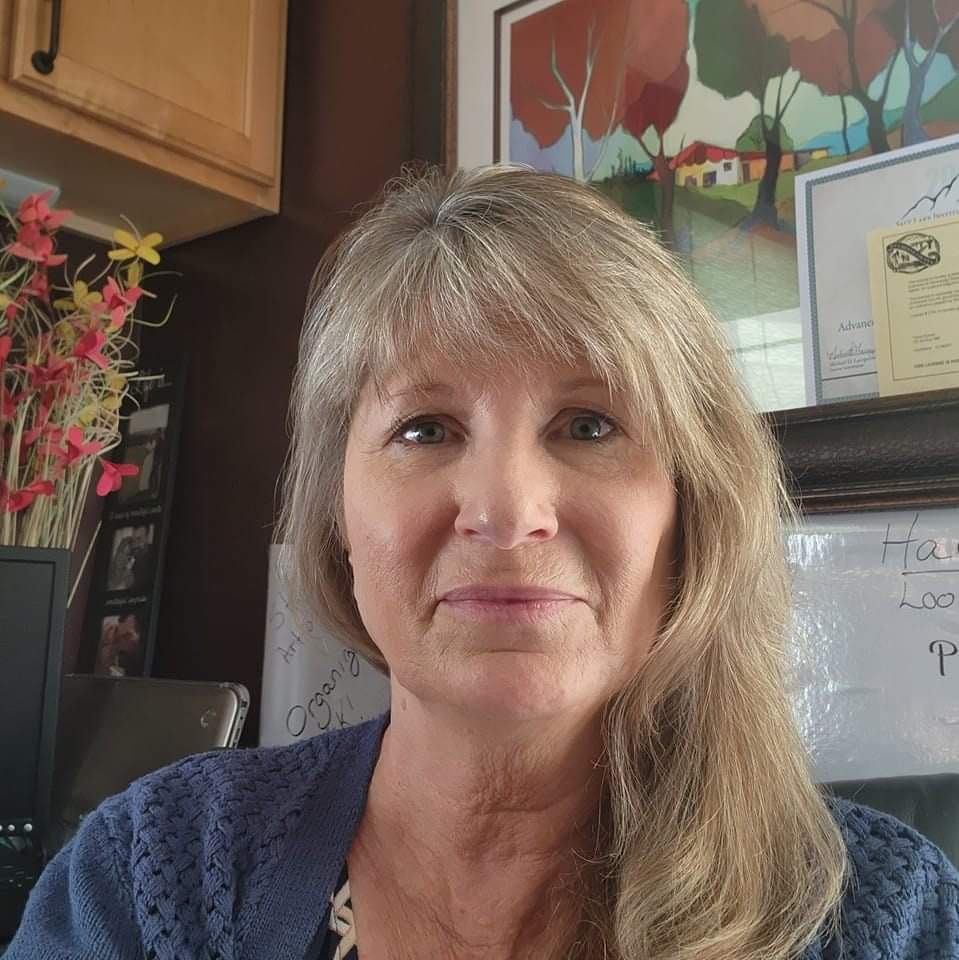
Honoring Native American Heritage Week
As we commemorate Native American Heritage Week, it’s important to shine a light on a group often overlooked in history and tribal lore: the Native American Freedmen. These remarkable individuals and their unique stories deserve to be remembered and celebrated for their resilience and contributions to our shared heritage. Let’s take a look at their rich history and some of the available ancestral records together.
Celebrating the Legacy
The story of the Native American Freedmen is one of resilience, triumph, and a vibrant blend of cultures. These incredible individuals are descendants of African Americans who were enslaved by the Five Civilized Tribes: the Cherokee, Choctaw, Chickasaw, Muscogee (Creek), and Seminole. When these tribes relocated to Indian Territory (now Oklahoma) in the 1830s, they brought their enslaved people with them.
Fast forward to the Civil War, and the tides began to turn. Many enslaved people seized the chance for freedom by joining Union forces. After the war, new treaties were forged between the U.S. government and the Five Tribes, officially abolishing slavery and granting citizenship rights to the Freedmen and their descendants. Though the journey has been filled with challenges, the determination and spirit of the Freedmen have never wavered.
One of the pivotal records from this era is the Dawes Rolls, created in the late 19th century, which listed individuals eligible for tribal membership, including the Freedmen. Despite their significant contributions and deep-rooted ties to Native American communities, the Freedmen have faced ongoing struggles for full recognition and rights within the tribes.
The history of the Native American Freedmen is a dynamic and inspiring tapestry of perseverance, community, and cultural richness. Their legacy continues to shine, reminding us of the strength and resilience that define their journey.
Sleuthing Out Their Records
In addition to the Dawes Rolls, here are some valuable resources for researching genealogy records for Native American Freedmen:
National Archives and Records Administration (NARA): NARA holds various historical rolls, including the Guion Miller Rolls (Eastern Cherokee), Indian Census Rolls (1885-1940), and Kern-Clifton Roll (Cherokee Freedmen). These records can provide detailed information about individuals and their tribal affiliations1.
FamilySearch: FamilySearch offers a wide range of Native American genealogy records, including land allotment jackets, enrollment records, and census cards. They also provide research guides to help you navigate these records.
Ancestry.com and Fold3.com: These subscription-based websites have digitized and indexed many records related to Native American genealogy, including the Final Rolls of Citizens and Freedmen of the Five Civilized Tribes.
Oklahoma Historical Society: The Oklahoma Historical Society has a collection of records related to the Five Civilized Tribes and their Freedmen, including the Dawes Final Rolls.
AccessGenealogy: This website provides access to various Native American genealogy records, including Indian Census Rolls, biographies, and cemetery records.
Civil War Records: Military records are another invaluable resource if your ancestors joined the Civil war to gain their freedoms.
If you would like to explore additional history of the various tribes and their Freedmen, digitreaties.org is an excellent resource. While it won’t list your ancestors by name, it offers valuable information on the ratification of individual tribal treaties, particularly those from 1866.

In exploring the rich history and genealogical resources of Native American Freedmen, we uncover stories of resilience, culture, and deep-rooted connections. Utilizing a variety of resources, including the Dawes Rolls, NARA, FamilySearch, Ancestry.com, the Oklahoma Historical Society, and AccessGenealogy, we can piece together the incredible legacy of the Freedmen. These tools not only help in tracing lineage but also in preserving the vibrant heritage of these remarkable individuals. As we continue to delve into these records, we honor the past and ensure that the stories of the Native American Freedmen are remembered and celebrated for generations to come.
Happy researching! If you need any help with your detective work or have any questions, don’t hesitate to reach out. Enjoy uncovering those fascinating stories and connections!


5 responses to “Native American Freedmen”
What a great way to share and celebrate Native American Heritage Week, Tania. Thank you!
Thank you so much! Many people have told me they weren’t aware of the Native American Freedmen. I’m glad to help educate others about their history. There are some interesting articles out there about how some lineages are still fighting to be recognized as part of their tribes. I appreciate the feedback and appreciate you reading the blog!
Very interesting article Tania and one I had not heard about before. Extremely useful to know the sources recommended to do further research
Lance, thank you for visiting! It is an interesting subject that affected many people. I hope you will dive into it a little further on you own. So much of America’s history didn’t make it into the general history books. This is a rich example. Happy Researching!
Very interesting article Tania and one I had not heard about before. Extremely useful to know the sources recommended to do further research